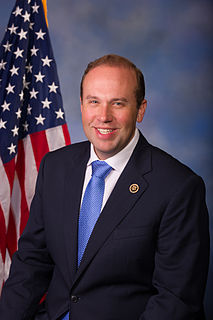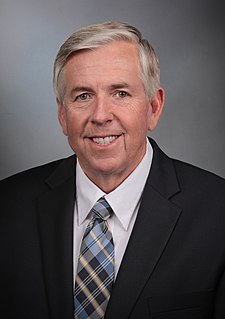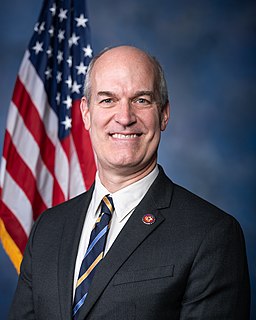A Quote by Ike Skelton
Farmers in Missouri and across the country must comply with a variety of federal, state, and local regulations as they grow the crops and raise the livestock that we depend on to feed the nation and the world.
Related Quotes
Most of the food crops raised in the world today are fed to livestock destined for slaughter for us to eat, and most of the water used is used to raise the food crops that are fed to those animals. It has been estimated that, because of the extraordinary amount of grain it takes to raise food animals, if we reduced the amount of meat we eat by only ten percent, that would free up enough grain to feed all the starving humans in the world. So when we choose to eat meat instead of vegetables, we are choosing to take food away from others who are hungry.
The RFA requires federal agencies to assess the economic impact of their regulations on small firms, and if significant, consider less burdensome alternatives. Federal agencies sometimes fail to comply at all, or simply 'check the box,' fulfilling the letter of the law, while missing the purpose of the law entirely.
The measure discriminates definitely against products which make up what has been universally considered a program of safe farming. The bill upholds as ideals of American farming the men who grow cotton, corn, rice, swine, tobacco, or wheat and nothing else. These are to be given special favors at the expense of the farmer who has toiled for years to build up a constructive farming enterprise to include a variety of crops and livestock.

































